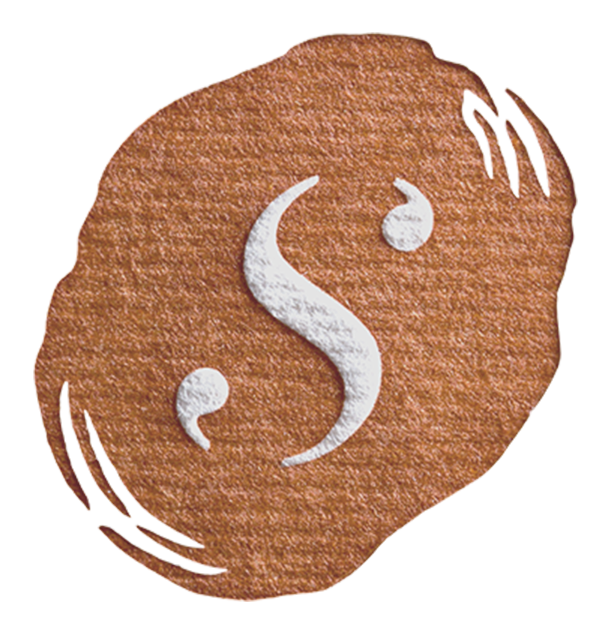Post-traumatic Stress Disorder (PTSD): How to Help Veterans Suffering From Trauma
If you or someone you know is seeking a Certified Trauma Recovery Coach or support for grief and trauma, we are here to help. Our Seattle office is available to schedule appointments via phone at (206) 428-7750 or email. Don't hesitate to reach out and begin the journey towards healing and restoration.
During this time of year, many reflect on the sacrifices veterans make in order to serve our country. One of the most significant of these sacrifices are the after-effects of war, injury, and trauma.
In this article, we will discuss how PTSD affects daily life and how you can assist a veteran in your life in seeking help with trauma.
Post-traumatic stress disorder (PTSD)
According to the American Psychiatric Association, “Post-traumatic stress disorder (PTSD) is a psychiatric disorder that may occur in people who have experienced or witnessed a traumatic event, series of events, or set of circumstances.
An individual may experience this as emotionally or physically harmful or life-threatening and may affect mental, physical, social, and/or spiritual well-being.
Examples include natural disasters, serious accidents, terrorist acts, and war/combat… PTSD has been known by many names in the past, such as ‘shell shock’ during the years of World War I and ‘combat fatigue’ after World War II.”
PTSD symptoms in Veterans may include:
Becoming easily startled
Nightmares and/or flashbacks of the triggering event
Avoidance in discussing subjects related to the traumatic event
Physical signs of stress, such as sweating and tense muscles
Having aggressive, irritable, or angry outbursts
Depression symptoms such as overwhelming sadness and anxiety
Turning to substances like drugs and alcohol as a coping mechanism
If you or a loved one are a veteran who experiences PTSD, there are plenty of resources available like the ones listed below:
Veterans Crisis Line - Dial 988, then press 1 or text 838255
Here is a list of resources for the Seattle area
Trauma and PTSD: Find the Help You Need
Seeking help for trauma and PTSD is crucial for veterans on their path to recovery. Here are some steps to consider:
Seek Medical Treatment: The first step is to seek medical treatment if needed. PTSD is a complex condition that may require professional intervention. Mental health professionals can provide various therapeutic approaches such as cognitive behavior therapy, prolonged exposure therapy, or EMDR. Qualified providers may utilize appropriate medications for anxiety and major clinical depression, or provide info on the latest research in breakthrough therapies such as Ketamine, MDMA, or psychedelic-assisted therapy for deeper interventions.
Reach Out to the VA for Resources: The Department of Veterans Affairs (VA) offers a range of resources for veterans dealing with PTSD. These resources include counseling, therapy, and support groups specifically designed for veterans.
Participate in a Support Group: Support groups can be highly beneficial for veterans suffering from PTSD. These groups provide a safe space to share experiences and coping strategies with others who understand the challenges of living with trauma. Studio Saudade offers a FREE monthly Community Grief Support Group in the Seattle area, which is a gathering of grievers experiencing a wide range of losses, including loss of trust, safety, and health from traumatic events.
Connect with Other Veterans: Sharing experiences and insights with fellow veterans who have faced similar challenges can be incredibly helpful. It's important to know that you're not alone in your journey. Connecting with other veterans can provide a strong support network.
Trauma and Grief Programs from Studio Saudade for Veterans and Their Families
Studio Saudade offers programs specifically designed to help veterans and their family members cope with trauma and grief. Our programs are offered at our Seattle, WA location and online. These programs include:
Trauma Recovery Coaching – We work with trauma survivors as peers, mentors, guides, and educators with the goal of supporting Veterans as they seek to understand the recovery process and reconnect with themselves and the world while using their strengths to build a life they love living. Professional mental health coaching offers valuable tools and guidance for managing and healing from PTSD and is a complementary modality to traditional therapy or counseling.
Grief and Trauma Consulting Services Seattle or Online – This service aids families or individuals in areas where trauma and/or grief combine with life changes, such as terminal or life-changing diagnoses, moving/relocation, or helping families support a loved one who suffers from symptoms of PTSD or C-PTSD (Complex PTSD)
The Seattle Monthly Community Grief Gathering – This group can be a great way to feel connected to other individuals who are isolated or feel alone while battling grief and different types of trauma. We provide a safe and welcoming environment for all grievers with resources and education.
The WayFinders: Living with Traumatic Death Seattle or Online – his program is especially healing for people who have lost friends or family members through traumatic death, including combat. It provides a structured environment to build awareness and skills for coping and healing from intrusive images, flashbacks, and emotional distress.
Raise PTSD Awareness on Veterans Day
Veterans Day is a time to honor and support those who have served our country. If you know a veteran suffering from trauma and PTSD, remember that your support and understanding can make a significant difference in their journey to recovery.
We Can Help Veterans Suffering from Trauma
Encourage a veteran suffering from PTSD to seek help, connect with resources, and consider the programs offered by Studio Saudade.
Our Trauma Recovery Coaches are rigorously trained mental health professionals certified through the International Association of Trauma Recovery Coaching.
Contact our Seattle office via phone at (206) 428-7750 or email us. Together, we can help veterans live healthier, more fulfilling lives after their service.



